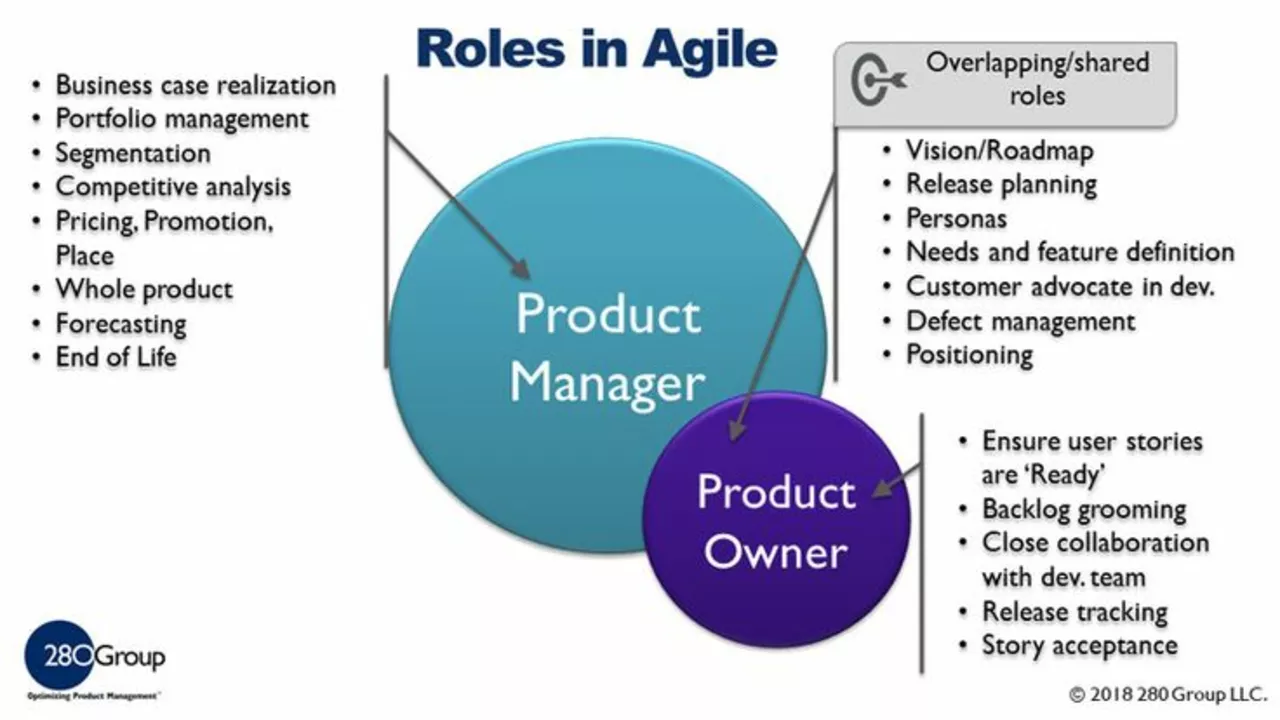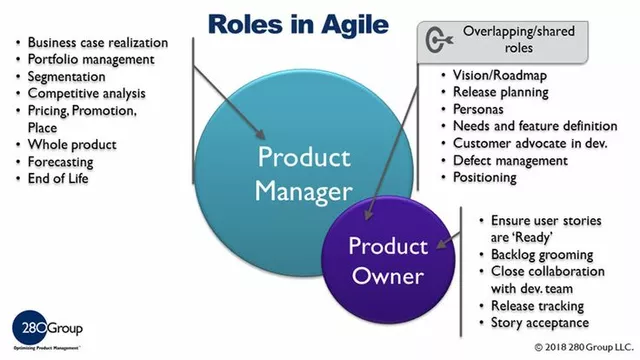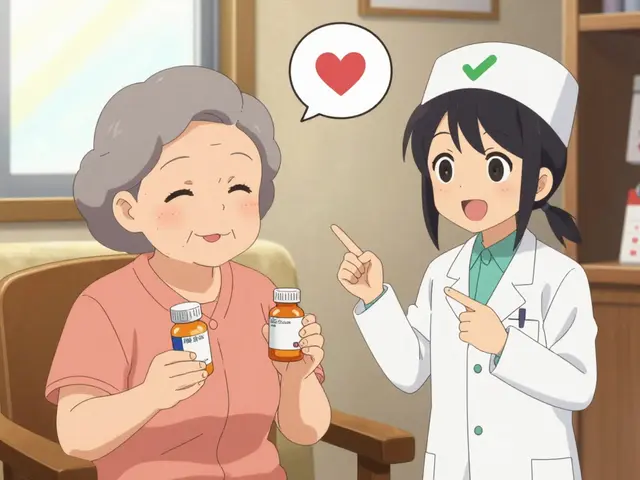Understanding Hyperprolactinaemia
Before we delve into the role of nutrition in managing hyperprolactinaemia, it's important to understand what this condition is. Hyperprolactinaemia is a condition in which there is an abnormally high level of prolactin in the blood. Prolactin is a hormone produced by the pituitary gland, and it plays a crucial role in various physiological processes, including lactation, menstrual cycles, and sexual function.
Hyperprolactinaemia can result from various causes, such as pituitary tumors, certain medications, kidney or liver disease, and even stress. Symptoms can include irregular menstrual cycles, infertility, erectile dysfunction, and galactorrhea (the production of breast milk in both men and women who are not breastfeeding). Treatment for hyperprolactinaemia typically involves addressing the underlying cause and may include medications, surgery, or radiation therapy.
The Importance of Nutrition in Managing Hyperprolactinaemia
While medical intervention is often necessary for treating hyperprolactinaemia, nutrition can also play a significant role in managing this condition. A diet that promotes overall health and hormonal balance can help alleviate some symptoms and improve overall quality of life for those living with hyperprolactinaemia. In this article, we will explore the role of nutrition in managing this condition and provide some practical tips for incorporating key nutrients into your diet.
1. Balancing Macronutrients for Hormonal Health
Macronutrients, which include carbohydrates, proteins, and fats, are essential for overall health and hormonal balance. Consuming the right balance of macronutrients can help regulate blood sugar levels, support adrenal function, and promote a healthy weight — all of which can be beneficial for managing hyperprolactinaemia.
Carbohydrates are a primary source of energy for the body and can help maintain blood sugar levels. However, it's important to choose complex carbohydrates, such as whole grains, fruits, and vegetables, over refined carbohydrates like white bread and sugary snacks. These complex carbohydrates are higher in fiber and nutrients, which can help promote hormonal balance.
2. Prioritizing Protein
Protein is crucial for hormone production and regulation, as well as overall health. Consuming adequate amounts of high-quality protein can help support the production and regulation of prolactin and other hormones. Good sources of protein include lean meats, poultry, fish, beans, nuts, and seeds.
It's important to note that some individuals with hyperprolactinaemia may need to adjust their protein intake based on their specific needs and treatment plan. For example, those with kidney disease may need to reduce their protein consumption. Always consult with your healthcare provider to determine the appropriate amount of protein for your specific situation.
3. The Significance of Healthy Fats
Healthy fats, such as monounsaturated and polyunsaturated fats, are essential for hormone production and regulation. They also play a key role in reducing inflammation, which can contribute to hormonal imbalances. Incorporating sources of healthy fats, such as avocados, olive oil, nuts, and fatty fish, can help support overall hormonal health and may be beneficial for those with hyperprolactinaemia.
It's also important to minimize the consumption of unhealthy fats, such as trans fats and excessive amounts of saturated fats, as these can contribute to inflammation and hormonal imbalances.
4. Micronutrients for Hormonal Balance
In addition to macronutrients, micronutrients — such as vitamins and minerals — are crucial for hormonal health. For example, vitamin D and calcium play a role in prolactin regulation, while B vitamins are involved in the production of various hormones. Ensuring adequate intake of these and other essential micronutrients can help support hormonal balance and overall health for those with hyperprolactinaemia.
Eating a well-balanced diet that includes a variety of fruits, vegetables, lean proteins, and whole grains can help ensure adequate micronutrient intake. In some cases, supplementation may be necessary to address specific deficiencies, but it's important to consult with your healthcare provider before starting any new supplement regimen.
5. The Power of Antioxidants
Antioxidants are compounds that help protect the body against oxidative stress, which can contribute to inflammation and hormonal imbalances. Incorporating antioxidant-rich foods into your diet can help support overall hormonal health and may be beneficial for managing hyperprolactinaemia.
Some examples of antioxidant-rich foods include berries, dark leafy greens, nuts, and green tea. These foods can be easily incorporated into your daily meals and snacks to help support overall health and hormonal balance.
6. Reducing Caffeine and Alcohol Consumption
While moderate caffeine and alcohol consumption may not pose significant risks for most individuals, excessive consumption of these substances can negatively impact hormonal health. Caffeine can increase cortisol levels, which can contribute to hormonal imbalances, while alcohol can interfere with the liver's ability to metabolize hormones properly.
Reducing or eliminating caffeine and alcohol consumption can be beneficial for those with hyperprolactinaemia, as it can help promote overall hormonal balance and improve overall health.
7. Managing Stress for Hormonal Health
Stress can have a significant impact on hormone production and regulation, including prolactin levels. Incorporating stress management techniques, such as meditation, yoga, or deep breathing exercises, can help reduce stress and promote hormonal balance for those with hyperprolactinaemia.
Additionally, eating a balanced diet, getting regular exercise, and ensuring adequate sleep can also help support overall stress management and hormonal health.
8. Working with a Nutrition Professional
Each person's nutritional needs and challenges are unique, and working with a licensed nutrition professional can be beneficial for those with hyperprolactinaemia. A nutrition professional can help create a personalized dietary plan that addresses your specific needs, taking into account your medical history, lifestyle, and treatment plan.
By following a well-balanced diet that supports hormonal health and working closely with your healthcare team, it's possible to effectively manage hyperprolactinaemia and improve overall quality of life.







